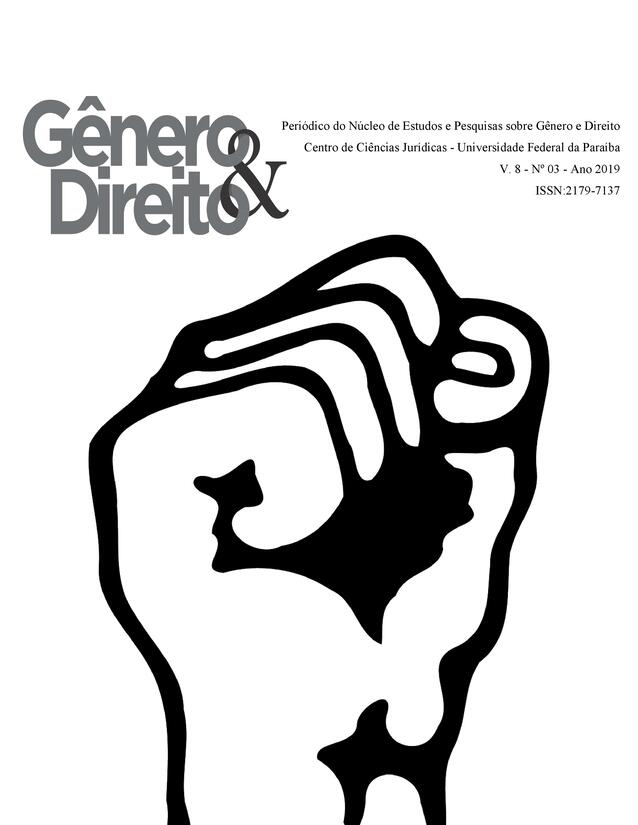ECOTOURISM DEVELOPMENT OPTIMUM STRATEGIES USING SWOT AND QSPM MODELS: A CASE STUDY OF ARDEBIL PROVINCE, IRAN
DOI:
https://doi.org/10.22478/ufpb.2179-7137.2019v8n3.47742Palavras-chave:
Ecotourism, Development, Strategic Planning, SWOT, Ardebil province.Resumo
Tourism is the largest economic activities in the worlds and has a fast growth, status of Iran suggests that Iran's tourism industry in less than one thousandth of global revenue from tourism is their portion. Among the provinces of Iran, many ecotourism attractions in Ardebil province (about 42 hot and cold mineral springs, 24 dams, 11 habitats and 35 special natural attractions, etc.), which can be a factor for sustainable development in the region. This study aimed to identify existing facilities and provide optimal solutions to assist in economic development, social and cultural development of ecotourism is in shadow, so in this research using descriptive - analytical model of strategic planning (SWOT) to provide strategies and effective strategies used in the development of ecotourism is in the end, using a strategic quantity planning priorities, 20 basic strategy suggested for the ecotourism development.Downloads
Referências
Abdollahi, S. (2009). Project Privacy qanli bulagh Caravanserai, Cultural Heritage, Tourism and Handicrafts Ardabil province, city MeshkinShahr.
Azimi, N., & Hajipour, A. H. (2010). Planning the Cultural Tourism and Ecotourism Industry for Economic Development: A Case Study of Iran, Environment Sciences. Vol 6. No.1. 53-64.
Behzadfar, M., & Zamanian, R. (2008). Strategic planning of tourism development with emphasis on the case study of product : Nishapur, International Journal of Engineering Sciences and Technology, University of Tehran , Special Issue of Architectural Engineering , Volume 19 , No. 6.
Dehghani, M., Josie, A., & Shoukri, M. G. (2009). Planning for Developing Ecotourism Faroe Islands Protected Area, National Geographic Trends in management and optimal utilization of resources, 305.
Ebrahim Zadeh, A., & Agassi, A.)2009(.
Analysis of factors affecting tourism development in the coastal zone of Chabahar Using Strategic SWOT, urban and regional studies, the number of ninth summer, 4.
Fazelnia, GH., & hedayati, P. )2010(. Strategies for tourism development sooner Zarivar Lake, Journal of Geography and Development, No. 19.
Fennell, D. A, & Dowling, R(Ed).) 2003(. Ecotourism Policy and Planning. CABI publishing, 11.
Godde, Pamela, m., martin, f., & friedrich, M. (2000). Tourism and development in mountain regions” cabi publishing.
Hafeznia, M. )2006(. Introduction to Research Methods in the Human Sciences, Thirteenth Edition Tehran: publisher side, 144.
Hekmatnia, H., & Mousavi, M. (2008). Application of the Model of Urban Planning and Regional Geography, published by modern science, 293.
Higham, J(Ed). (2007). Critical Issues in Ecotourism: Understanding a complex tourism phenomenon. Elsevier, 28.
IUCN. (2002). Botswana National Ecotourism Strategy. Final report. IUCN (Botswana) and Symbiosis Consulting (Pty) Ltd, 1.
Momeni, M. (2007). Statistical Analysis Using Spss. first edition, Tehran: The New Press, 114.
Nohegar, A., HosseinZadeh, M., & Pirasteh, A. (2009). Capability to assess the nature of the island model strategy using SWOT, Journal of Geography and Development, No. 15.
Pantea, S., & Roodsari, H. (2009). Ardabil Geotourism Atlas, Geosciences website.
Parvin, M., & Ahmadi, M. (2013).
Ecotourism Potential Measuring of mehran Province for permanent development by sequential analysis model (AHP). International Research Journal of Applied and basic Sciences, science Explorer Publications, vol(5), pp 612-615.
Pazouki, M., jozi, S.A and ziari, Y.A. (2017). Strategic management in urban environment using SWOT and QSPM, Global journal environment. Sci. manage, 3(2): 207-216.
Rachmawati, E. (2016). Financing Ecotourism Ventures to Support Climate Change Mitigation. What Should the, Financial Sector Be Doing in Regards to Climate Change?, seven pillars institute, vol.5, issue 1,pp 21-40.
Rezvani, A. A. (2002). The role of ecotourism in the Environment, Journal of Environmental Studies, No. 31, 115.
Rukn Al-Din Eftekhari, A., & Mahdavi, D. (2006). Guidelines for rural tourism development model using SWOT: Lavasan small village, Journal of Human Sciences Lecturer, No. 45.
Shiebeiki, sh., abbaspour, M., monavari, S.M., arjmandi, R & Lahijanian, A. (2014).
Public Participation Role in Sustainable Urban Management by Quantitative Strategic Planning Matrix (QSPM), Int. J. Environ. Res., 8(4):1309-1314.
TIES. (2015). TIES Global Ecotourism Fact Sheet. Www. Ecotourism .com.
Voeks, R. (2004). The providence of nature: valuing ecosystem service. vol.1, NO.2, international journal of environmental science & technology, 158.
Zahedi, S. (2004). Based on sustainable tourism and ecotourism (with an emphasis on the environment), Allameh Tabatabai University.
Zarabi, A., Movahedi, S., & Rakhshani Nasab, H. (2011). The application of cluster analysis in the spatial analysis of ecotourism (Case Study: Sistan ecotourism. Environmental Science, Year VII Number IV.
Zhuang, X., & Huiyan, L. (2010). some suggestions for community-based ecotourism managment. 2010 IEEE, 1.
Ziari, K. (2004). Schools, theories and models in regional planning, Yazd University Press, 238

